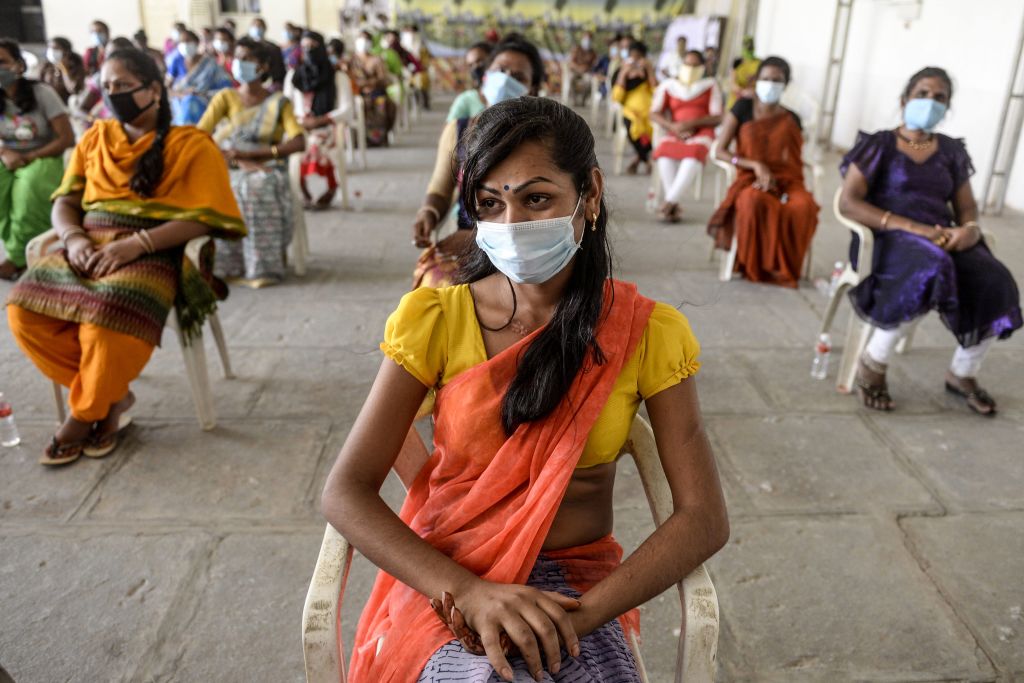The Fuller Project was among the first international newsrooms to capture scenes from the ground as India suffered the world’s most severe outbreak of COVID-19 this March. For weeks, our editors tracked the unfolding crisis in India as western journalists flew in to report for a few days — then left.
Our newsroom saw the urgent need for timely reporting by Indian journalists living through the surge themselves. Setting aside the long-form reporting that typically defines The Fuller Project’s work, we aimed instead to cover as much of one of the world’s largest and most densely populated countries as quickly as possible. We issued a call out on Twitter to reporters on the ground who could capture the sensory experience of the outbreak, receiving dozens of pitches from parts of the country beyond New Delhi and Mumbai, allowing us to cover areas most Western journalists could not gain access to in their brief reporting trips.
The resulting series exclusively features the work of journalists from India and India-administered Kashmir — most of them women. Their reporting centers the voices of India’s most marginalized: women and transgender people, particularly those also oppressed on the basis of religion, caste and class. In Kashmir, fisherwoman Fazi Begum navigated a new economic reality as her clients dwindled; in Manipur, where the Indian army has special powers and an outsized presence, a transgender woman named Lulu experienced heightened anxiety; in Tamil Nadu, construction worker Devi made frantic calls for jobs; in the Rajasthani desert, Taramani relayed her trials as a three-time survivor of COVID-19; in New Delhi, a nurse named Rakhi navigated professional trauma and personal loss.
The Fuller Project newsroom and its contributors worked around the clock to thread women’s narratives into a living archive, highlighting their humanity in their own words. “Gasping for Breath” revealed that content exclusive to our own site can draw a wide native audience — in April and May, the stories were the top read on the site— showing that these voices were clearly missing from the wider media landscape and that audiences all over the world were hungry for them. NBC Asian America took notice of our work, asking to partner as we gathered more stories from the ground. Together, we put out a call to the South Asian diaspora in the United States for tributes to the women they knew in their home countries battling COVID-19 on the front lines — or fighting to survive themselves.



